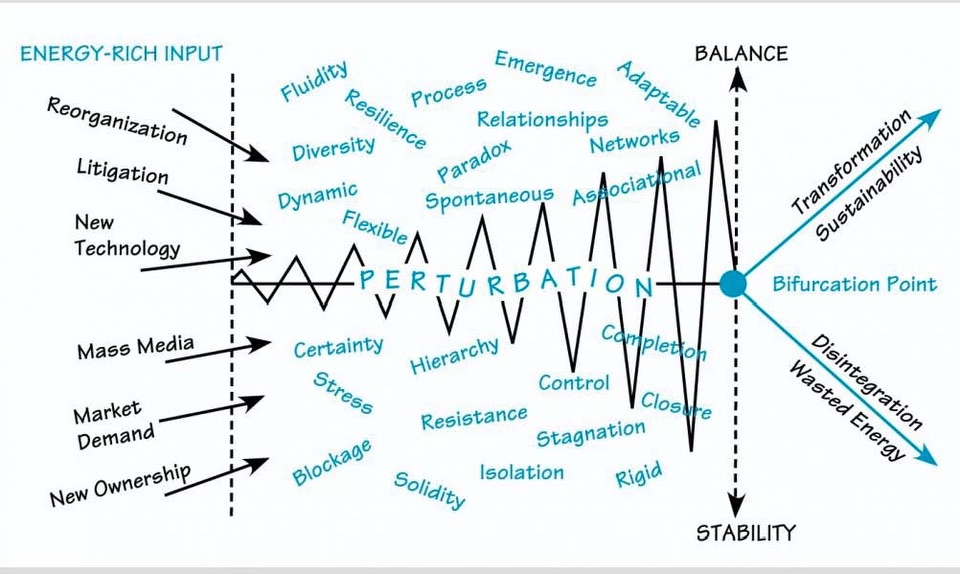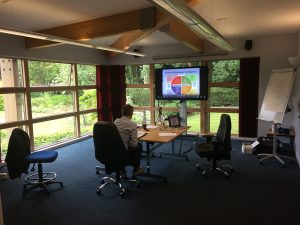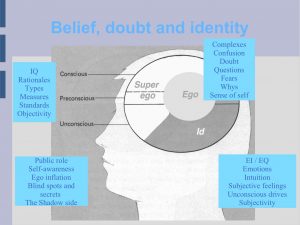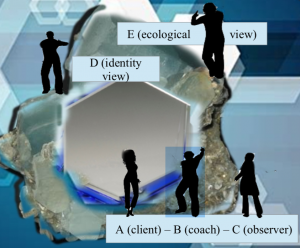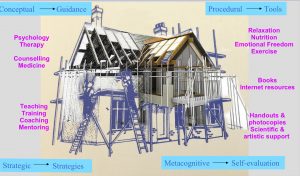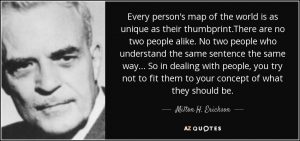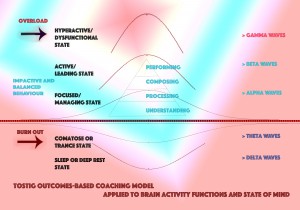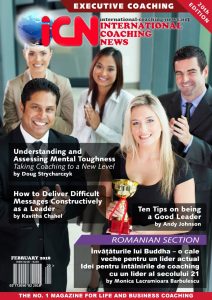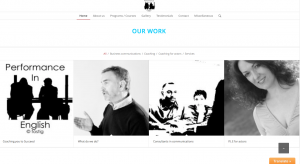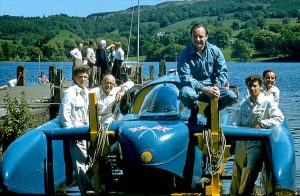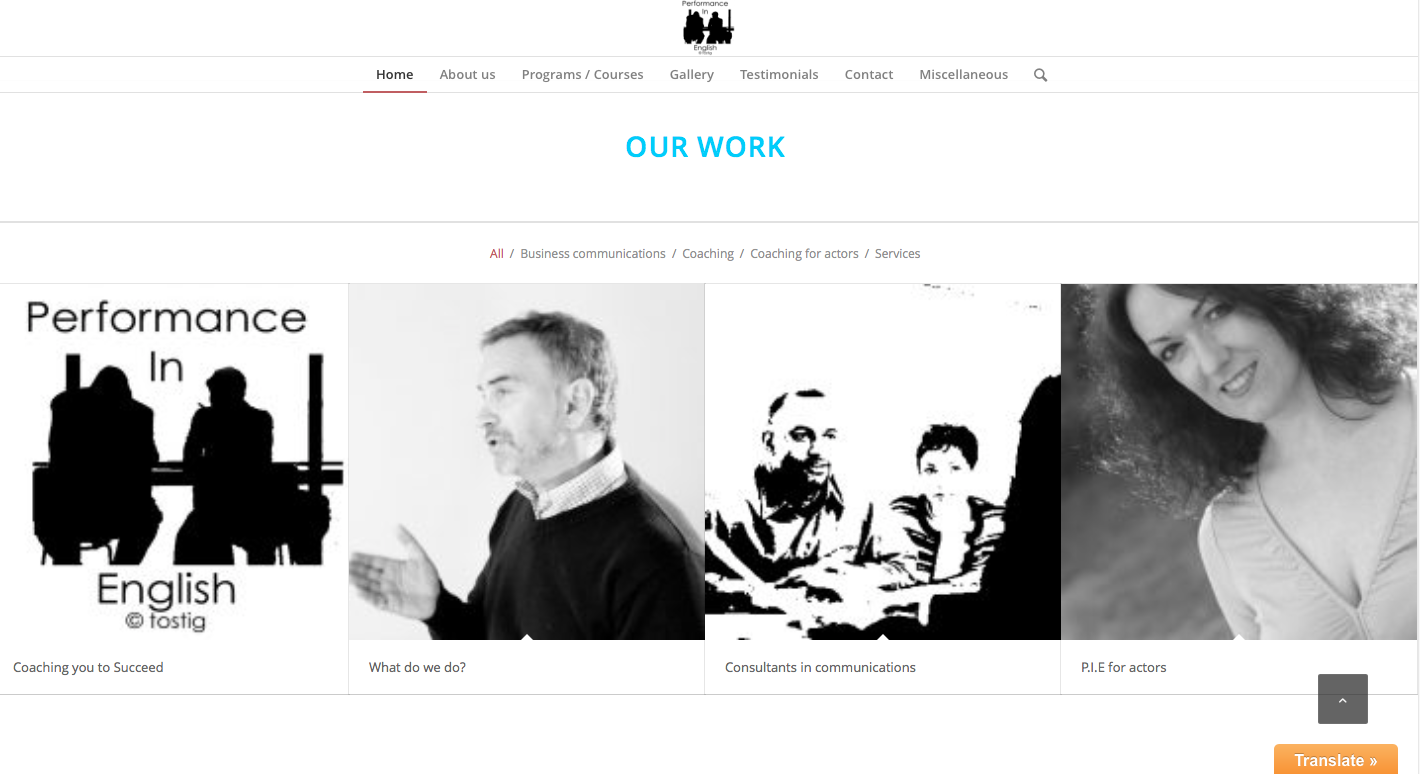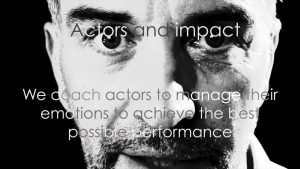These are Language Management Resources based on the principles of chao-dynamics and the outcomes-based approach.
One of the key concepts is finding ways of understanding, and then overcoming objections.
This document outlines a series of language management techniques that will result in better shared outcomes.
Three-step responsibility:
1) As you say, it’s important to be clear (open/discreet/truthful/straightforward/find a solution/avoid further misunderstandings)
2) AND, so that we can do that in the best way (in the way you feel comfortable with)
AND in order to reach a good outcome (find a mutually-beneficial solution)
3) What would you propose?
How do you suggest we (you / I)) proceed?
Where do you want to take this next?
How long do you think we (you) may need?
Depending on the exact scenario/context/desired objective:
How much (time/money/effort) do you recommend we spend on this?
Who do you believe is best suited to deal with this?
Which aspect do you think should be tackled first?
What options are you thinking of?
Etc..
Avoidance of WHY? And “Yes, BUT”
Do not use the question “why?”
Refer to why as problematic for all concerned –
1) “the question of why this happened is delicate” etc..
“that’s a logical objection…”
“I see where you are coming from there…”
2) AND, in order to move forward on this AND to find solutions that will work better in the future (avoid a repetition of this)
3) How do you propose we approach this?
Etc
1) I understand that you have issues with why this happened and are still feeling unconvinced in some respects
2) AND, in order to deal with this effectively AND ensure a better understanding without pointing blame and escalating the problem,
3) Tell me, how do you suggest we analyse this?
Setting the framework (starting a meeting / putting in the picture)
The purpose of this meeting is to…
We’ve been asked to meet so as to find…
In my capacity as (….) I’ve called this meeting to…
The reason we are here is to…
(reminding others of where things last stood)
As you will recall …
Last week you agreed to …
Remember we …
As mentioned (in our last meeting) …
May I remind you of what was said (at our last meeting).
Let me remind you …
Allow me to reiterate the conclusion of our last meeting.
Open questions to encourage openness
When would be a good time for you?
Where would you feel comfortable going through this?
Who would you like to have there?
Where is a good place to start?
Where can we start?
Where did we leave off?
Where do you prefer to begin?
Please carry on if you are comfortable to do so
Please feel free to say what you feel comfortable with
(Clarifying)
What exactly do you mean by?
What are you getting at when you say…?
What you trying to tell me when you say that…?
(Getting to the facts)
When did this issue first present itself?
How long have you been feeling this way?
Since when has this been happening?
When you say “….”
What do you base that on?
What leads you/brings you to say that?
What’s the reason behind your saying that?
What grounds are you basing that on?
What does that mean to you?
How should I interpret that in order to understand you correctly?
(Interpreting or checking meaning)
What are you driving at/getting at ?
What should I read into your reaction?
What exactly are you trying to tell me by reacting in this way ?
Amplifying (Reassuring)
That’s very important.
Thank you for telling me…
What you say is important …
Thank you, I appreciate your frankness.
Rest assured, we take what you say very seriously.
It’s true that … All the more reason to …
Thank you for bringing this to my attention.
Motivating / finding a bridge
To avoid (any) misunderstanding…
In order to clarify the situation…
So as to give the best possible answer to your question,…
In order to ensure we’re talking the same language,..
In order to be sure we’re on the same wavelength,…
So that I can answer your question to the best of my ability,…
In order to find the best solution
So that we can deal with this in the most professional / suitable way
Establishing a link
You’ve said X and you have also stated Y – just to be clear – how do you feel these are related?
In your opinion what is the connection between … and …?
What has … got to do with…?
For you, what is the link between … and …?
So that I can understand you clearly, where is the link exactly?
If the answer is NO link:
In that case, how am I to understand what you’re saying?
Highlighting Paradoxes
I’m puzzled.
On the one hand … on the other hand…
You say that… but at the same time you …
There’s X yet simultaneously there is Y…
In order to be sure we understand each other…
How do you explain that?
How does that work?
What am I missing?
What’s going on ?
Metaphors
We seem to be going round in circles.
It appears that we’ve come up against a brick wall.
It feels as if we’re going nowhere fast.
There seems to be a cloud hanging over this today.
We have been here before, haven’t we.
This sounds like the same point we reached earlier
Re-setting the framework (This can also be used at the start)
If we could step back for a moment …
Sometimes it helps to look at things from a completely different angle
I can see that things are not right for you
I sense that there has been a backward step somewhere along the line
I get the feeling that you are not comfortable right now
I can tell that you are unhappy
I know (because you told me so) that you are struggling over this
So (in order to make a breakthrough / so that we can look for a better way forward)
How else can we look at this?
How would it be best to view this?
What perspective would you like to consider this from?
What other time or place would suit you best?
When would be a better time?
Where would you feel more comfortable?
How would you feel about thinking this through?
Presenting options
We (seem to have) have two options. We can either… or we can…
Two / three options lie before us. Firstly…, and secondly…
Which do you prefer?
It looks like we have three options:
- carry on like this and leave an undercurrent of dissatisfaction that we would have to return to later;
- walk away and even abandon the project altogether (quit);
- or thirdly, look for something better that we would all feel happy with (that you would be happier with)
So that we don’t carry on going around in circles …
So that we can make a breakthrough
In order to ensure the best possible outcomes for you/us
Tell me, at this point in time, what do you prefer?
(Many people will opt for the second! – so be sure that “quitting” ia an acceptable option first)
I’d prefer the third option, what about you?
I’d go for the option of looking for something we can all be happy with, how about you?
Getting commitment
Great,
Well, it’s good to hear that
I am delighted to hear that
How would you like to proceed just now?
When would be a good time to come back to this and to take that forward?
Dealing with late objections
3rd party / Devil’s advocate / Using the other person’s words as a stepping stone…
Anyone listening to this might be forgiven for thinking that…
To an outsider this would appear as if …
If you want to just walk away that’s fine, how would that work?
If as you say you want to let things carry on as they have been doing,
It may seem as though you don’t want to find a solution.
How do you feel about that?
it was YOU who said that you…
Didn’t you just say that you… ?
I believe that earlier you made the comment that …
Imagine that you were the one dealing with this…
Put yourself in the other position…
Try looking at this from a higher perspective …
Let’s say you abandoned the project that then…..
Let’s suppose we let things carry on without addressing them, then later…
Supposing you were told X…., how would you react?
Just for the sake of looking at it from all sides…
In the interests of not leaving any stone unturned…
Just so that we have looked at every possibility…
What do you think might happen / would happen if we…?





